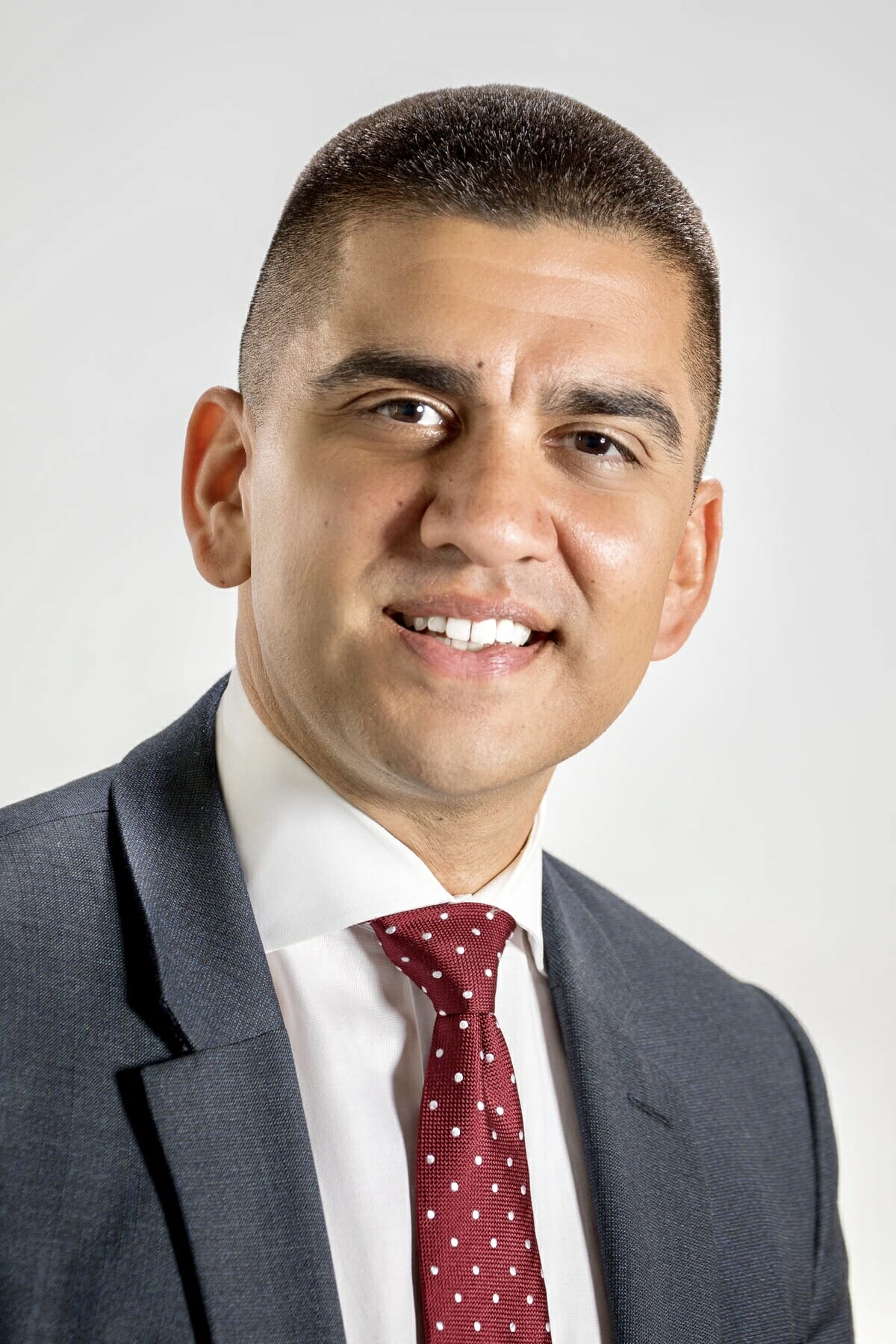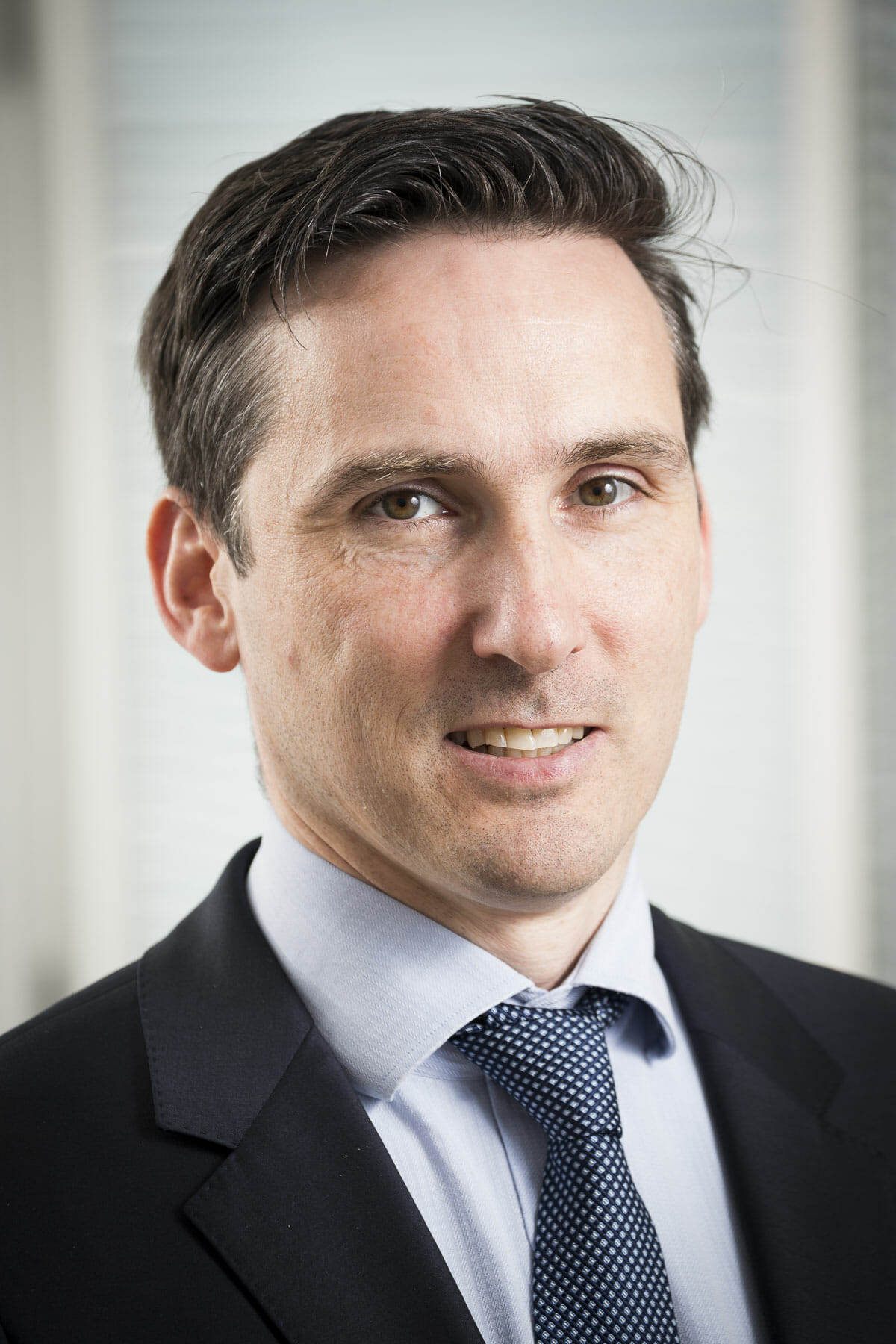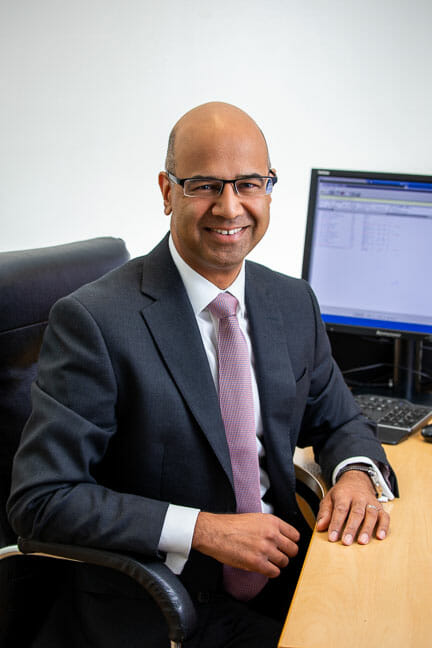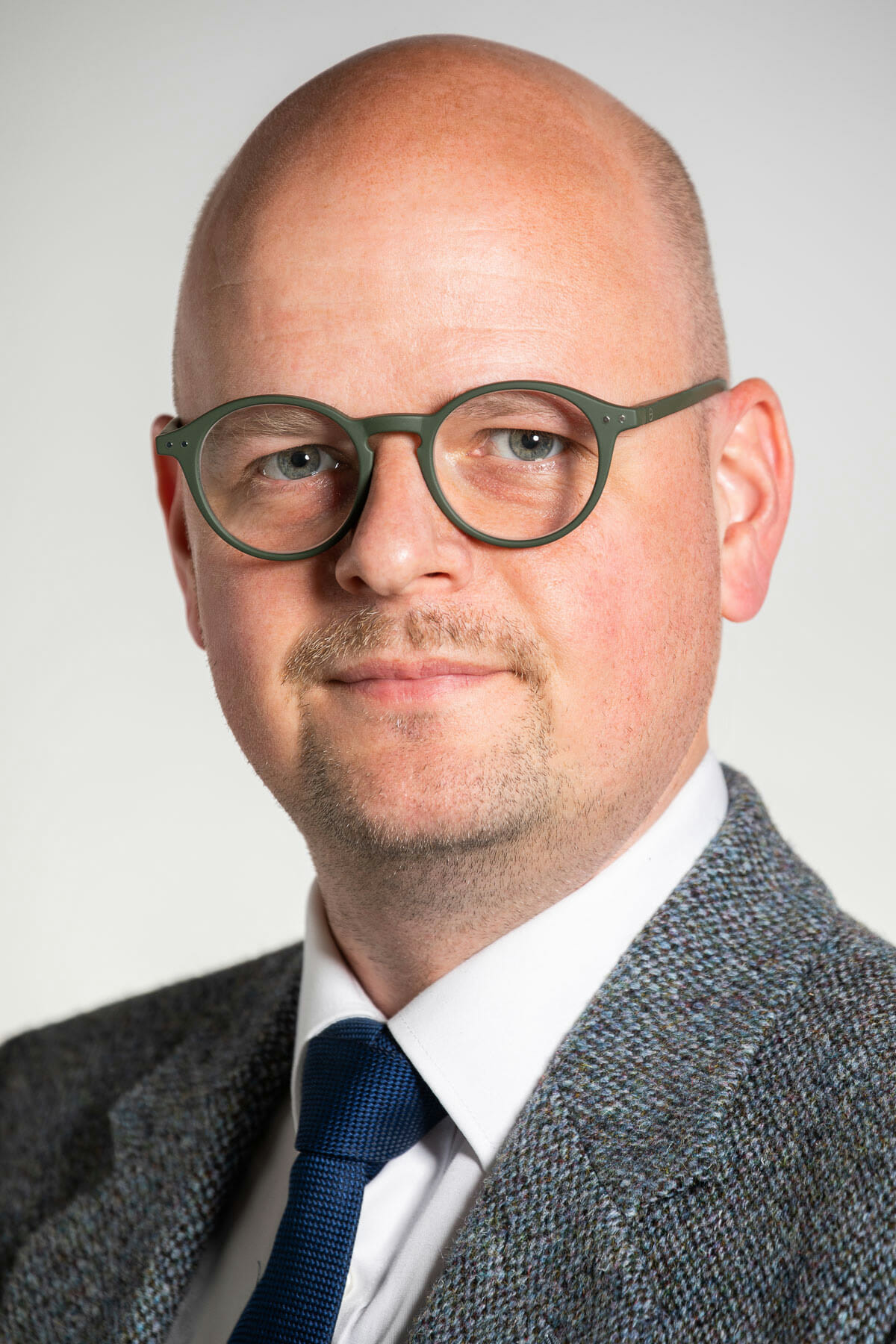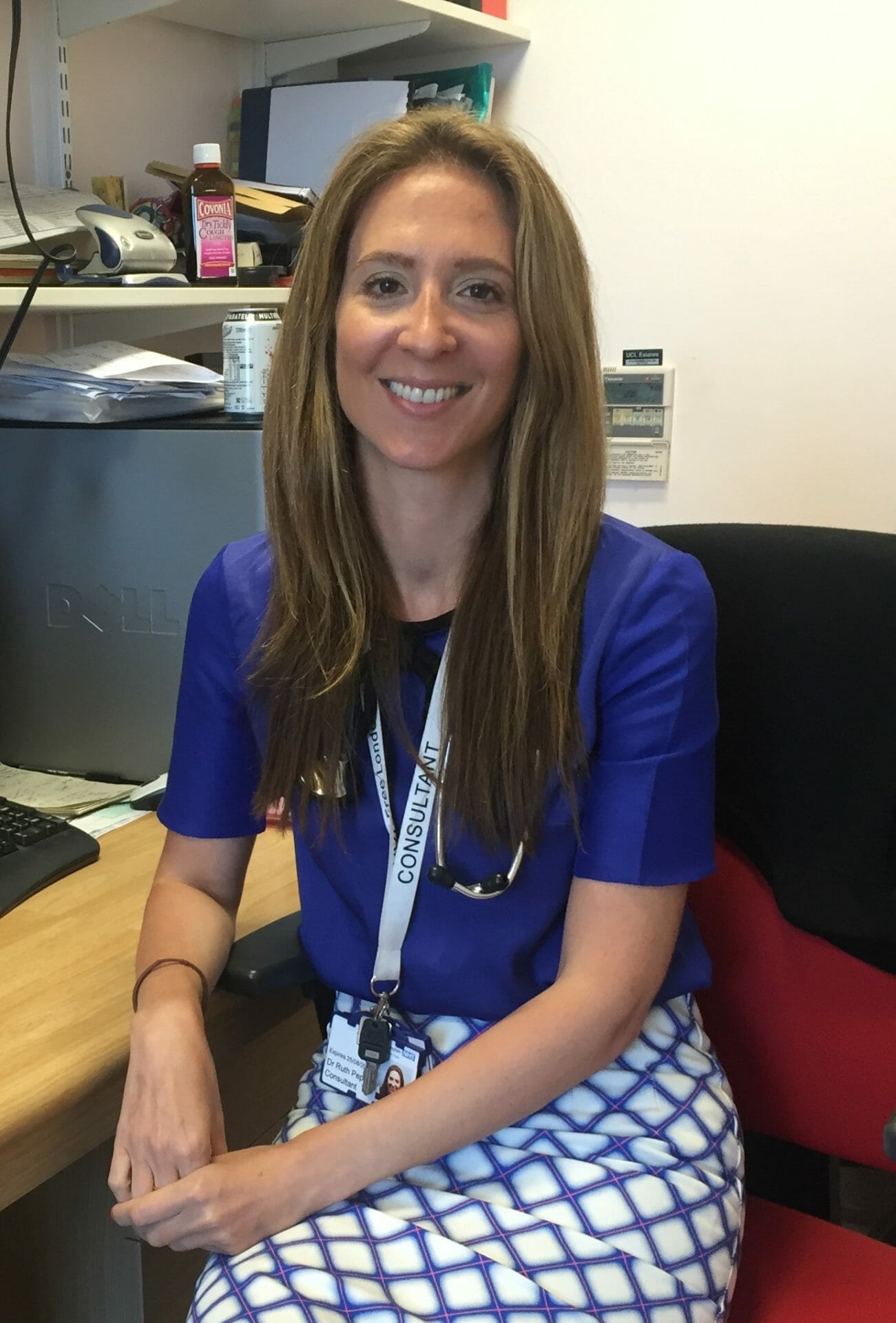Kidney cancer treatment
Our kidney cancer services are provided at the Royal Free Hospital, Hampstead.
The Royal Free London Private Patients Unit is home to one of Europe’s largest kidney cancer centres. We are proud of our worldwide reputation for excellence in kidney cancer treatment and comprehensive care for patients from the UK and overseas.
What is kidney cancer?
Kidney cancer or renal cancer starts in the kidneys. The kidneys are two organs about the size of a fist near the back of your abdomen below the rib cage. Their primary function is to filter waste products from blood and make urine.
You will sometimes see references to kidney cancer as ‘renal cancer’ or ‘renal cell carcinoma’ (RCC). RCC is the eighth most common cancer in the UK and responsible for most kidney cancers.
Symptoms of kidney cancer
The most common way that new kidney cancer diagnoses come about is as an ‘incidental finding’.
An incidental finding means that patients have no apparent symptoms (asymptomatic). Most commonly, patients will have had a scan for an unrelated reason that then identifies a mass in their kidney.
Some of the first signs of kidney cancer to watch for include:
- Blood in the urine (haematuria)
- Pain in the kidney area or loins
- Feeling a mass through the skin or around the kidneys
These three symptoms usually signify a more significant disease.
You should never ignore blood in your urine – always see a doctor who can refer you to a hospital for tests to investigate whether the cause is kidney cancer or another condition.
Private kidney cancer treatment at the Royal Free London
At the Royal Free London Private Patients Unit (RFL PPU), our extensive team of skilled specialist consultants lead the field in kidney care and kidney cancer treatment. They offer dedicated, personalised care at every step of your patient journey.
Our multidisciplinary team of expert surgeons, oncologists, radiologists, pathologists and clinical nurse specialists will ensure you receive top-quality, tailored treatment and unparalleled support.
A significant advantage of our private kidney cancer treatment services is being in the same building as the UK’s largest kidney cancer centre. It means everyone involved in your care is vastly experienced, and support is always available.
If you have surgery, it will be in a renowned teaching hospital with many other specialties such as cardiology nearby 24 hours a day, seven days a week.
As an academic centre focused on research and quality improvement, we assure you of the latest medical techniques and technologies for performing kidney cancer treatments, including potential access to research trials.
Learn more about our renal surgery team by Renal consultants and Urology consultants.
Contact us Monday to Friday, 8am - 6pm:
Booking line: +44 (0) 20 4527 2993
The procedures we use to treat kidney cancer
If you are diagnosed with kidney cancer, your consultant will discuss all available treatment options with you. The one you choose with your consultant will depend on whether the tumour is local to the kidney or has spread. Even if it has spread, kidney cancer is still treatable.
Some of our primary treatments for smaller masses include:
- Surveillance – your consultant may decide the mass is not a threat to your health and is safe to watch and treat only if it grows.
- Ablation – an energy source applied to the tumour kills the cancer cells, causing the mass to shrivel.
- Surgery – often performed minimally invasively, to remove either the tumour alone or remove the whole affected kidney
More advanced kidney cancers often require systemic therapy, where anti-cancer medications are administered so they can treat any cancer cells throughout your body.
Our multidisciplinary team of kidney cancer treatment experts will inform you about what to expect at all stages of your treatment with us.
Robot-assisted surgery for kidney cancer explained
Robotic surgery is an evolution of laparoscopic surgery (or keyhole surgery) where the operation is performed using a camera and specialist instruments. At The Royal Free London Private Patients Unit, it is used for most kidney cancer surgeries.
The surgeon sits in the operating room using a machine with joysticks to operate remotely. The system replicates their hand movements inside the patient’s body.
- Partial nephrectomy cuts the tumour out and reconstructs the kidney to ensure the remaining one functions well. It is almost always done robotically.
- Radical nephrectomy removes the whole kidney because of a large tumour or tumour. It also benefits from the precision of a robotic approach.
Are there any risks to robot-assisted surgery for kidney cancer?
The risk complications differ for each patient, but there is a 90% chance of no complications at The Royal Free London Private Patients Unit. Your risk of complications is minimised when performed with the high volume kidney cancer surgeons that work at the Royal Free.
The advantages of robot-assisted surgery are less pain and blood loss, a shorter hospital stay, and a faster return to normal activities.
Aftercare
We’re dedicated to achieving the best outcomes for our patients and are passionate about providing extensive and caring aftercare services.
If you have robotic surgery, you’ll likely stay in The Royal Free London Private Patients Unit for one or two nights. Once you return home, you’ll have two weeks of no heavy lifting or driving but can expect a complete recovery within four to six weeks.
The surgeon will usually use dissolvable stitches on the incisions on your abdomen or so you won’t routinely have dressings. However, you will have some surgical glue that acts as a dressing. It’s antiseptic and waterproof so you can shower from the day after the operation.
Our team is dedicated to providing personalised, comprehensive care so you can be sure of effective and personalised treatment for kidney cancer. The team will be available to support you throughout your recovery, helping you to heal and adjust.
Why Royal Free London Private Patients Unit
As a private patient, we give you access to world class specialists and treatments for kidney cancer, including advanced robot-assisted kidney surgery by some of the UK’s most experienced surgeons.
Our renal team comprises leading kidney cancer (renal) surgery experts who will work with you to provide personalised healthcare solutions. Our specialist consultants include:
- Consultant nephrologists
- Consultant renal transplant surgeons
- Consultants experienced in robotic surgery
We also have a wider team of nurses and other healthcare professionals who provide a compassionate service to ensure your comfort and safety during your time with us.
Meet our consultants
We work with leading experts who are all supported by the expertise of a multidisciplinary team. Our specialist team of doctors and surgeons includes:
Royal Free Hospital
The Private Patients Unit at the Royal Free Hospital is part of the NHS and is wholly owned by the Royal Free London NHS Foundation Trust. We offer you access to some of London’s most experienced specialists, all of whom work as NHS consultants at our facilities.
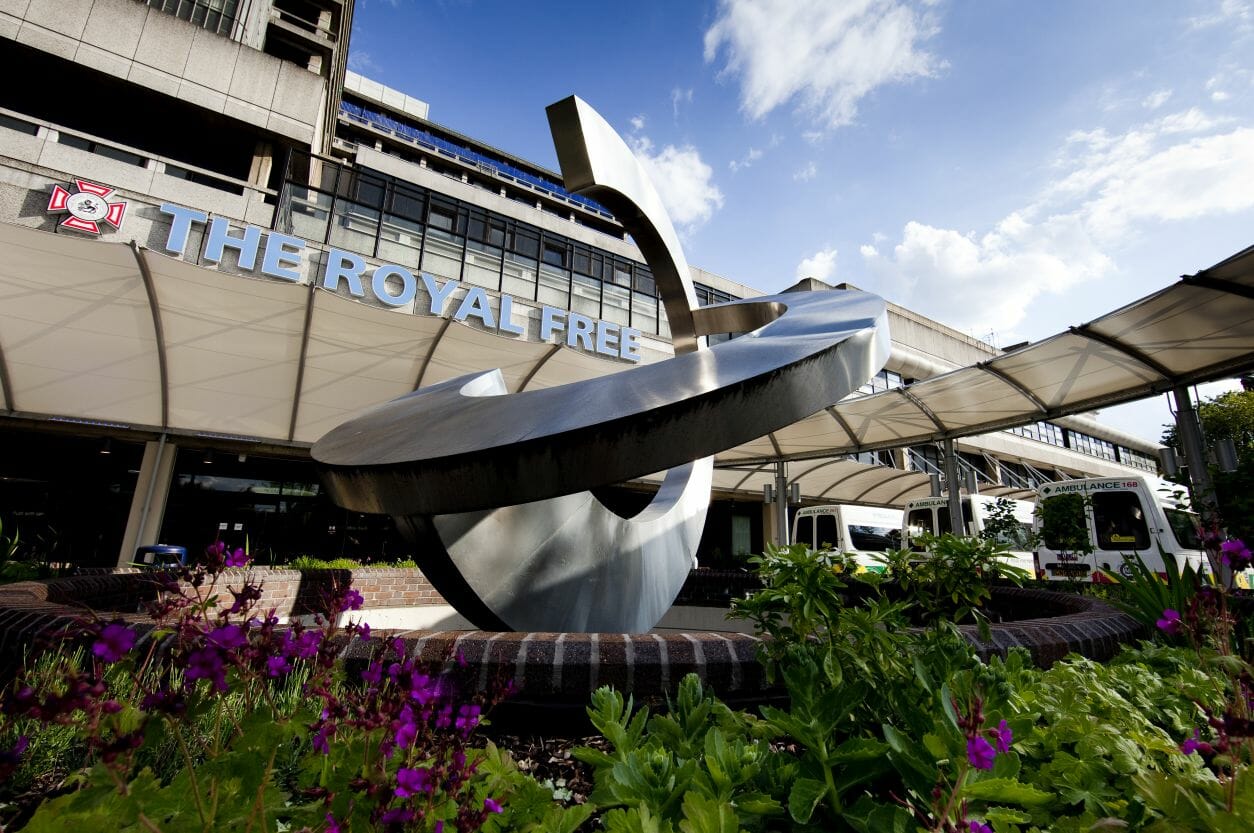
Further information and support
If you need kidney cancer support, please contact us, and we’d be more than happy to answer any questions or concerns you might have.
We are open Monday to Friday, 8am to 6pm. You can contact us by
Telephone: +44 (0)20 7317 7751
Email: rf-tr.privateenquiries@nhs.net
Our address:
12th floor, Private Patients Unit
Royal Free Hospital
Pond Street
London
NW3 2QG
Funding your treatment
Get immediate access to the care you need with self-funding or private health insurance.
Contact us
If you would like to contact another department within our hospitals.
Investing in the NHS
The NHS is an important part of what we do at Royal Free London which is why we reinvest our profits back into it. Our investment provides life-saving equipment and supports medical research to ensure better healthcare for all. Find out how we invest in the NHS.

